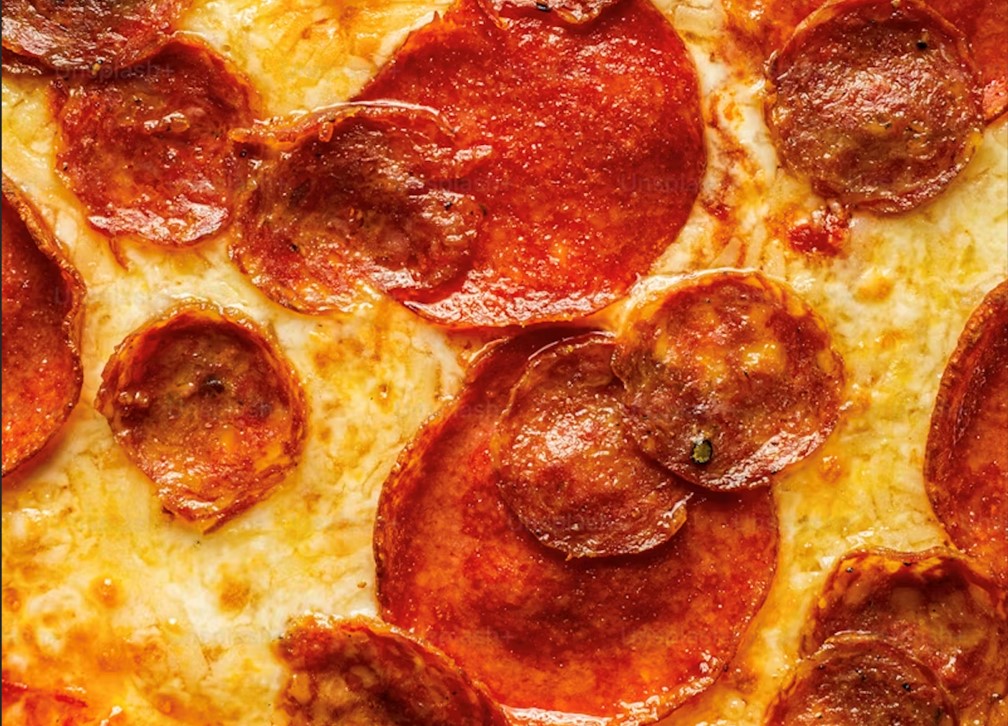FashionBeans Grooming Awards 2025 | FashionBeans
Dec 15, 2025Dad’s Diet Affects Sperm & Son’s Health
- Nov 9, 2024
- 0 Comments
791

Can what a man eats affect the health of a future son that he dreams of having? The short (but fantastical) answer is yes. And the conduit for the effect is none other than the tiny sperm that he makes. Even more fascinating is how this actually happens, because it’s not through the canonical genetic inheritance pathways that are used to determine things like sex or eye color. Instead, less well known, more loosey-goosey routes are taken, and these are termed epigenetic. If I were you, I would try to remember this word, as it represents a new science that will likely explain much of what we don’t know about health and disease.
Epi-What?
Epigenetics is the study of heritable variations in genes that do not involve changes to the DNA sequence. Think about it this way: Although every cell in your body has identical DNA, each cell acts differently. Some are liver cells, others are brain cells or skin cells. There are two reasons that cells can take on different jobs in the body: 1) Not all genes present in a cell are working all the time, and 2) the complement of genes that are working at any one time differs between them, depending on the organ in which they find themselves. Epigenetics explains why a nose is not an eye and vice versa, despite all cells having identical copies of DNA. So, epigenetic changes are both natural and common occurrences that drive both normal development and also diseases like cancer, autoimmunity and infertility, to name a few.
Another need-to-know fact about epigenetics is that, unlike with classical genetic mutations, a cell’s gene expression patterns can change over time and are influenced by age, environment, lifestyle and illness. And, like genetic mutations, epigenetic gene patterns can be passed on to offspring, and this is where our sperm story takes shape.
Of Mice and Men
In a recent well-executed Nature paper, male mice were fed high-fat diets, and their sperm examined for epigenetic marks. These marks were compared to mice fed normal diets. Then, both groups of mice were allowed to mate and the health of the male offspring compared. Notably, the sons of mice fed high-fat diets had impaired metabolic health (glucose intolerance and insulin resistance) whereas the offspring of normally fed mice did not.
But the authors went further. They examined how this could happen and showed that the disease risk was passed to offspring through changes in sperm RNA (mtRNA) and not DNA, which means that this is an epigenetic and not a genetic process.
And then they went even further. When comparing the mice findings with human genome data, they showed similar epigenetic signatures between the metabolically challenged mice and childhood obesity in humans.
Finally, in a scientific coup d’etat, they performed an epidemiological study of 3,000 human families and demonstrated a strong correlation between paternal body mass index and childhood obesity.
Eating for Two
This exemplifies the best that science can offer to make a theory into fact. Starting with basic science in an animal model, they found a biological link, demonstrated its mechanism, proved its causality and then confirmed it in humans. This, my friends, is bringing home the scientific bacon!
Beyond the poetic science, the takeaways here are that sperm matter (a lot) and dads-to-be need to know that they are eating for two. So, please treat your body like a temple – for your own health and that of your sons!
Publisher: Source link







